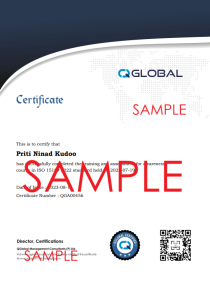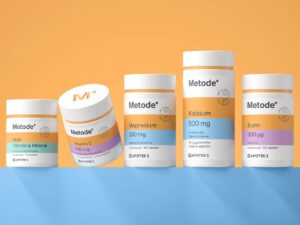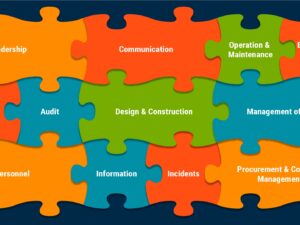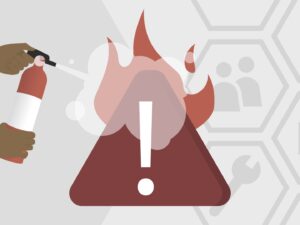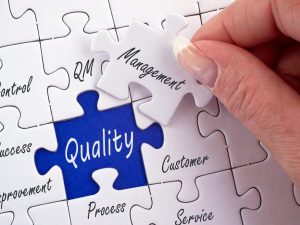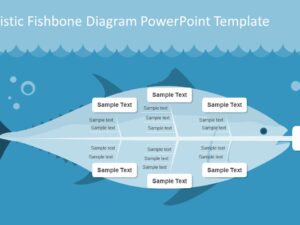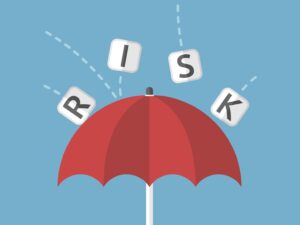Reporting of Critical Values in Medical Laboratories - Awareness Course
- Description
- Curriculum

Laboratory diagnostics is critical to both the clinical decision making and to the managed care of the vast majority of human disorders. Critical values, also popularly known as alert or panic values are those medical laboratory results that may require rapid clinical attention to avert significant patient morbidity or mortality and therefore must be called immediately to a responsible physician/licensed ordering specified professional/ registered nurse for action. The timely and efficient communication of critical laboratory values is an unavoidable part of managed care and patient safety. This course will impart you the required awareness on reporting of critical values.
Who Should Attend?
- Lab directors and managers
- Quality managers and technical managers in laboratories
- Any one working in medical laboratories and involved in testing and reporting
- Quality & regulatory professionals
- Complaint handling personnel in medical laboratories
- Laboratory quality management consultants
- Anyone involved in the design and development of laboratory management software
Key Benefits
- Learn about the critical values and its importance
- Understand regulatory requirements on reporting of critical values in medical laboratories
- Understand the objectives of critical values reporting
- Learn how to plan and implement a system for communicating critical values
- Learn to develop effective Standard Operating Procedures (SOPs) for critical value reporting
- Learn the common mistakes made while reporting
- Understand the communication requirements in critical value reporting
- Learn to assign roles and responsibilities for critical value reporting
- Learn the documentation and record keeping practices
- Develop employee training plan for critical value reporting
- Learn the inspection and verification techniques
- Learn to identify and mitigate risks associated with reporting of critical values
Learning & Evaluation Method
This is a live and interactive course. Once you purchase the course, our team will contact you to plan the training. No matter where you are located, we schedule the classes based on your convenience and time zone. You can plan to attend the training in sessions of 4 or 8 hr duration, based on how much time you can spend in a day.
Certification
There are increasing numbers of organizations, who prefer candidates those who have certain certifications from recognized programs. Certification demonstrates your commitment to superior professionalism, upholding industry standards, and continued learning. These merits can help boost your professional credibility and prestige within your own network, in your organisation, with your current clients, and when pursuing new business opportunities. After the successful completion of the course and final exam, you will be awarded with a certificate of completion issued by QGlobal. Your credentials will be made available in the global online directory and can be verified by anyone searching with the certificate number. Without doubt we can say that our training courses are well recognized and sought after by organizations across various geographies.
Buy for group Are you planning to buy this course for a group? We have the best prices for you! Select ‘Buy for Group’ option and add to the cart. You will get a discount of 60 – 75% for a group of up to 10 participants. To make a group purchase, create your group name and add individual emails of up to 10 participants. Each participant will get the access to the course materials, exam and the certificate. We will arrange one live-online session for the entire group.
Total: 206 Courses View all
Total: 206 Courses View all
-
1Reporting of Critical Values in Medical Laboratories – Awareness Course
-
2HEC02 Risk management
-
3Defining roles and responsibilities
-
4Creating documents and records
-
5Communication requirements
-
6HEC03 Training and awareness
-
7Infrastructure planning
-
8Identifying regulatory requirements
-
9Identifying critical values
-
10Reporting timelines
-
11Inspection and verification
-
12Performance monitoring and improvement
-
13Handling non conformities

